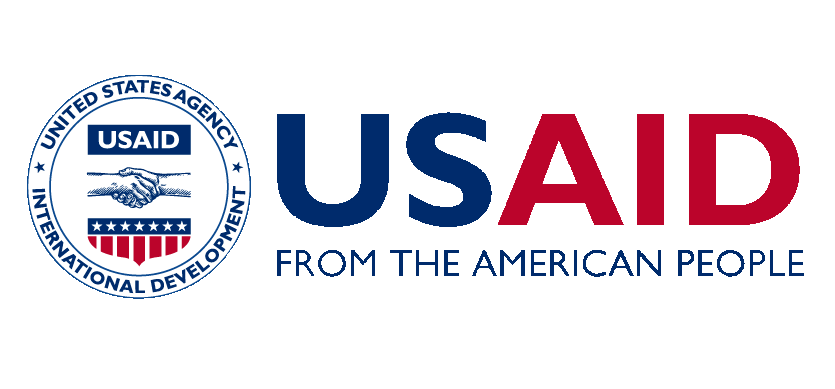With support from the William and Flora Hewlett Foundation, the Population Reference Bureau and Worldwatch Institute assembled a working group of experts from the climate change, family planning, and development assistance communities to examine the complex relationships between population dynamics and climate compatible development. The group’s goal was to identify approaches and opportunities to advance policy dialogue and policy action to include population dynamics, with an emphasis on family planning, into climate compatible development. The action opportunities fall under four strategic approaches which provide a path forward for groups interested in connecting these issues and ensuring that increasing access to family planning is part of efforts to achieve climate compatible development. Linking population, family planning, and climate change is unconventional for many policymakers. Cross-sectoral initiatives that highlight and integrate synergies in development plans and climate finance programs could reap enormous benefits as we tackle climate change.
Year: 2014
Source: Population Reference Bureau | Worldwatch Institute


